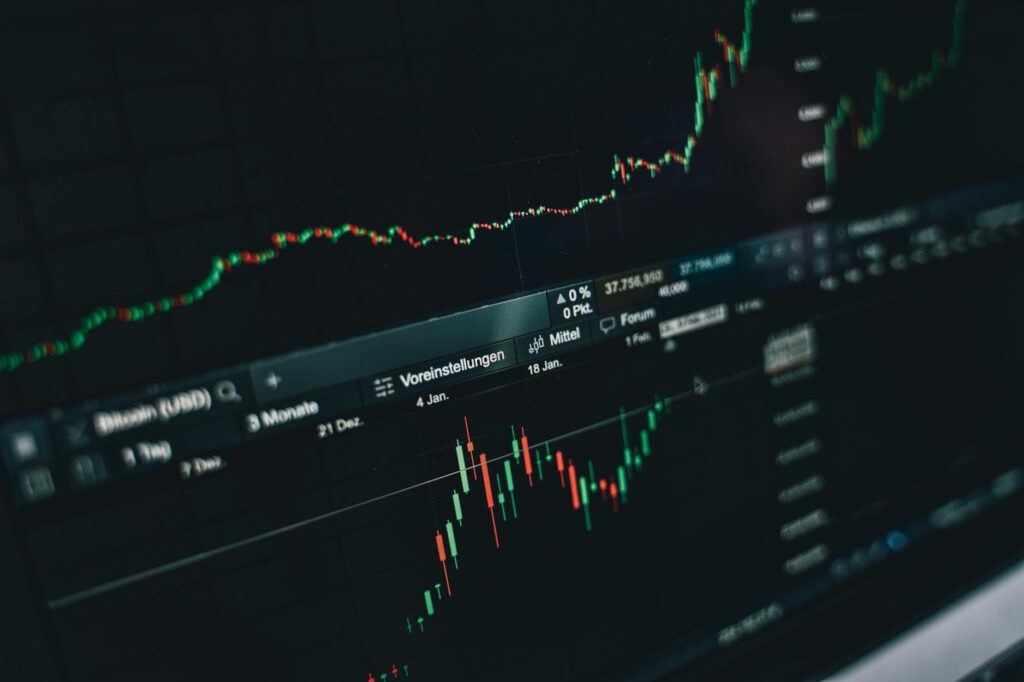Introduction
In today’s hyper-competitive digital landscape, understanding your competitors is no longer optional—it’s a necessity. Market insights derived from competitor data can reveal gaps in your strategy, highlight emerging trends, and uncover untapped opportunities. However, gathering this data must be done ethically to avoid legal repercussions and maintain brand integrity.
This guide explores how businesses can ethically scrape competitor data for actionable market insights while adhering to legal and ethical standards. We’ll cover best practices, tools, and strategies to ensure your competitive intelligence efforts are both effective and compliant.
The Importance of Ethical Competitor Data Scraping
Competitor data scraping involves extracting publicly available information from rival businesses to analyze pricing, product offerings, customer sentiment, and marketing strategies. When done correctly, it provides a wealth of insights without crossing ethical or legal boundaries.
Ethical scraping ensures:
– Compliance with laws (e.g., GDPR, CCPA, and website terms of service).
– Respect for competitors’ intellectual property (avoiding unauthorized data extraction).
– Sustainable competitive intelligence (building long-term insights without risking legal action).
Ethical vs. Unethical Data Scraping: Key Differences
What Makes Scraping Ethical?
Ethical scraping adheres to:
1. Publicly Available Data – Only extracting information accessible without login walls or paywalls.
2. Respect for Robots.txt – Honoring website directives that restrict scraping.
3. Rate Limiting – Avoiding aggressive scraping that could overload servers.
4. Data Usage Transparency – Clearly stating how collected data will be used (e.g., market research, not resale).
Unethical Practices to Avoid
- Bypassing paywalls or login requirements – Accessing gated content violates terms of service.
- Scraping personal data – Extracting emails, phone numbers, or private user details breaches privacy laws.
- Ignoring Robots.txt – Disregarding a site’s scraping policies can lead to legal action.
Legal Frameworks Governing Data Scraping
Several laws regulate data collection:
– General Data Protection Regulation (GDPR) – Protects EU citizens’ data; applies if scraping involves personal information.
– Computer Fraud and Abuse Act (CFAA) – U.S. law prohibiting unauthorized access to computer systems.
– Copyright Law – Protects original content; scraping copyrighted material without permission is illegal.
Always consult legal counsel before scraping at scale to ensure compliance.
Ethical Strategies for Scraping Competitor Data
1. Leverage Public APIs
Many platforms (e.g., Google Shopping, Amazon, LinkedIn) offer APIs that allow structured data access without violating terms. For example:
– Google SERP APIs – Extract competitor rankings without manual scraping.
– Social Media APIs – Analyze competitors’ engagement metrics legally.
2. Use Web Scraping Tools Responsibly
Tools like Scrapy, BeautifulSoup, or Octoparse can extract data ethically if configured correctly:
– Set delays between requests (e.g., 5-10 seconds per scrape).
– Exclude personal or sensitive data from extraction.
– Rotate user agents and IPs to avoid detection bans.
3. Monitor Competitor Websites Manually
For small-scale insights, manual methods work well:
– Price Tracking – Use browser extensions like Keepa for Amazon competitors.
– Content Analysis – Review competitors’ blogs, product pages, and metadata.
4. Analyze Publicly Shared Data
Competitors often reveal insights through:
– Press releases – New product launches, partnerships.
– Job postings – Hiring trends indicate new business directions.
– Customer reviews – Identify pain points and strengths.
Best Tools for Ethical Competitor Data Scraping
| Tool | Use Case | Ethical Consideration |
|——————-|————————————–|————————–|
| Scrapy | Large-scale data extraction | Configure rate limits |
| Bright Data | Proxy-based scraping | Avoid personal data |
| SEMrush | SEO & ad intelligence | Uses public APIs |
| SimilarWeb | Traffic & engagement metrics | Aggregates public data |
| Import.io | Structured data extraction | Complies with Robots.txt |
Turning Scraped Data into Actionable Insights
Once collected, analyze competitor data to:
– Benchmark Pricing – Adjust your pricing strategy based on market trends.
– Identify Content Gaps – Discover topics competitors aren’t covering.
– Optimize Ad Campaigns – Reverse-engineer high-performing competitor ads.
– Improve Product Offerings – Spot features competitors lack.
Frequently Asked Questions (FAQs)
Is web scraping legal?
Yes, if done ethically—only public data, no bypassing restrictions, and compliance with laws like GDPR.
Can I scrape LinkedIn or Facebook?
LinkedIn prohibits scraping in its ToS; use their official API instead. Facebook allows limited data access via its Graph API.
How often should I scrape competitor data?
Monthly for pricing, quarterly for SEO/content analysis—frequent scraping increases legal risks.
What’s the alternative if scraping isn’t an option?
Use third-party tools (e.g., Ahrefs, SpyFu) that aggregate publicly available data legally.
Conclusion
Ethical competitor data scraping is a powerful way to gain market insights without compromising integrity or legality. By focusing on publicly available data, respecting website policies, and using compliant tools, businesses can stay ahead while avoiding legal pitfalls.
Implement these strategies to refine your competitive intelligence efforts and make data-driven decisions that propel your business forward. Remember: the goal isn’t just to gather data—it’s to transform it into actionable strategies that drive growth.

